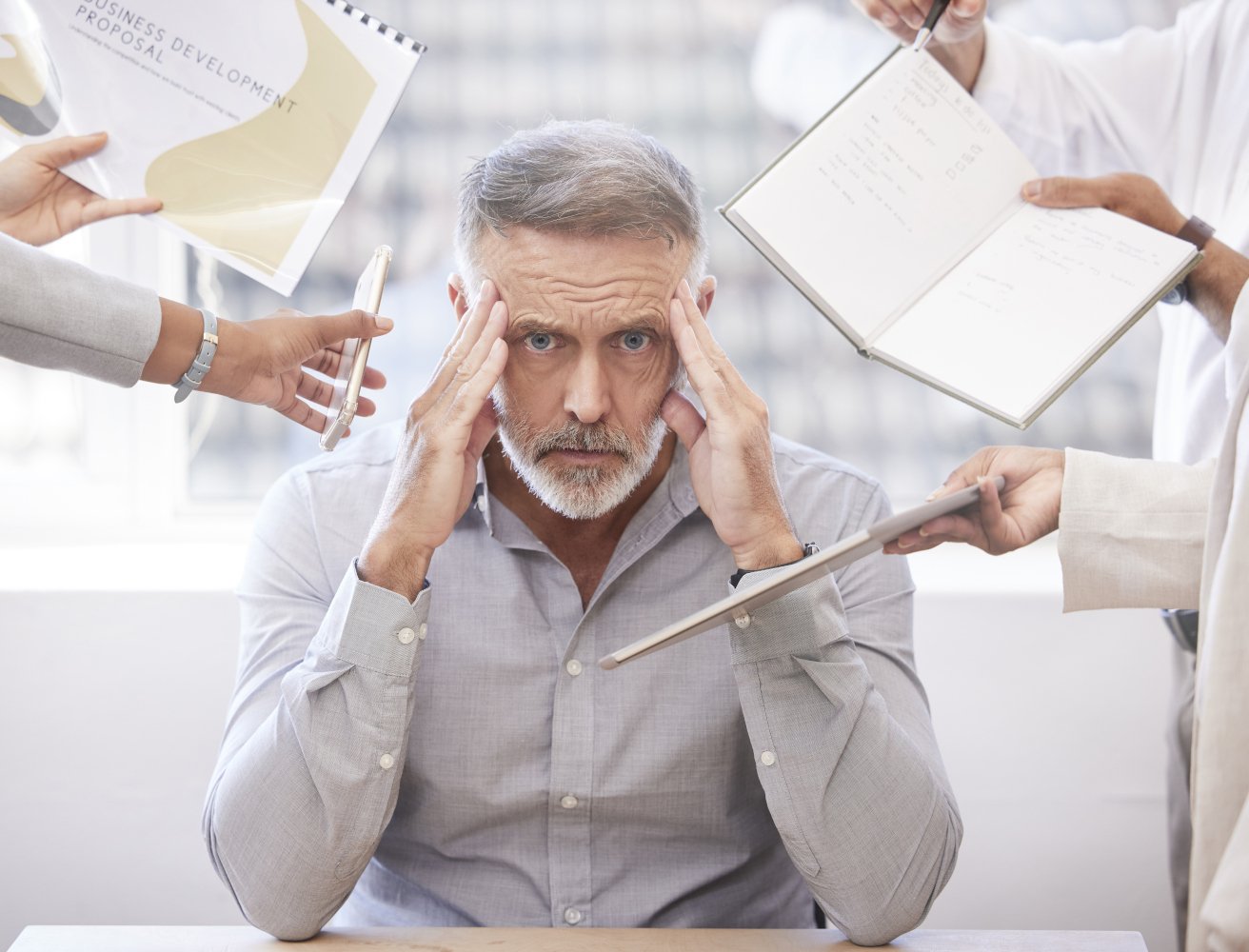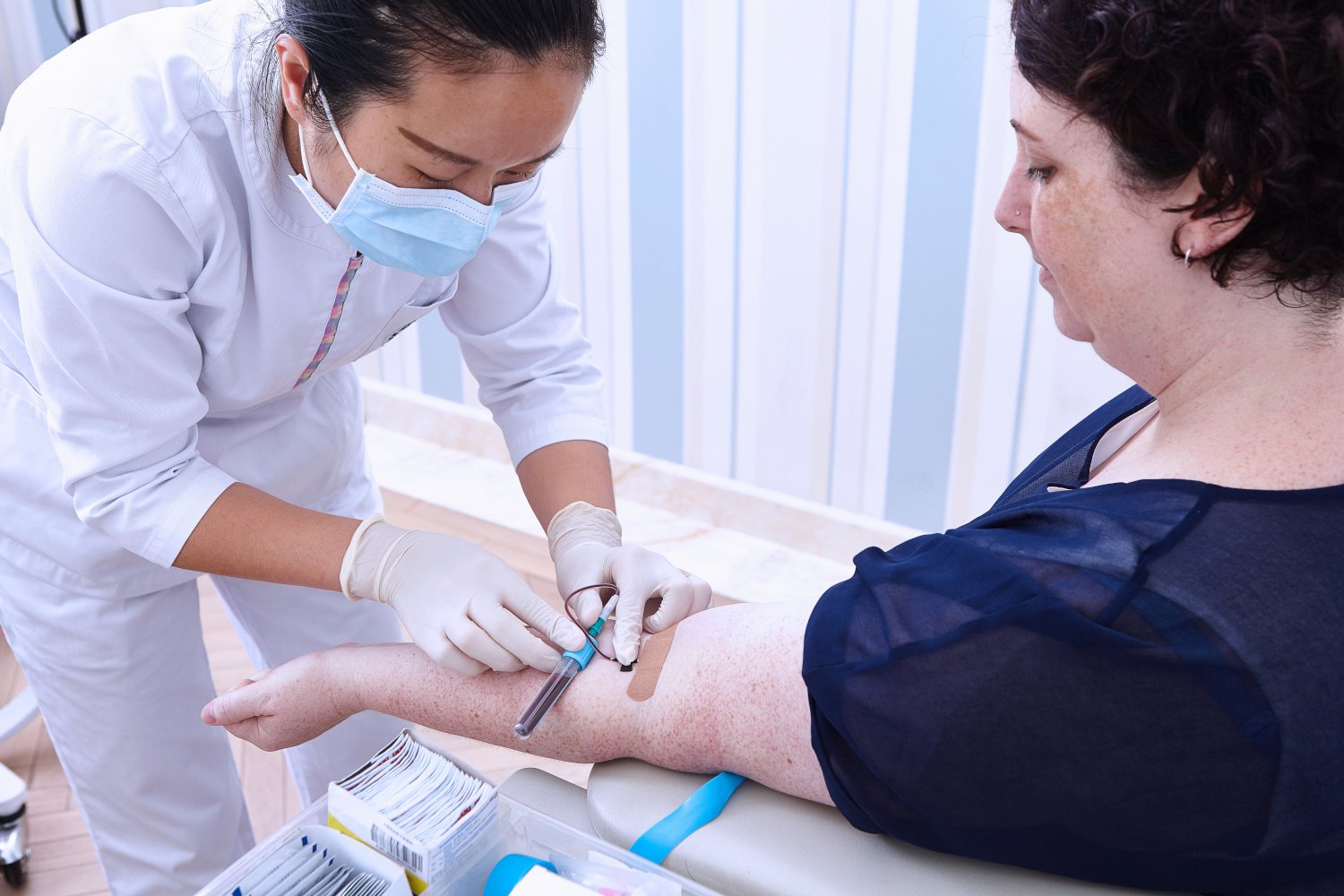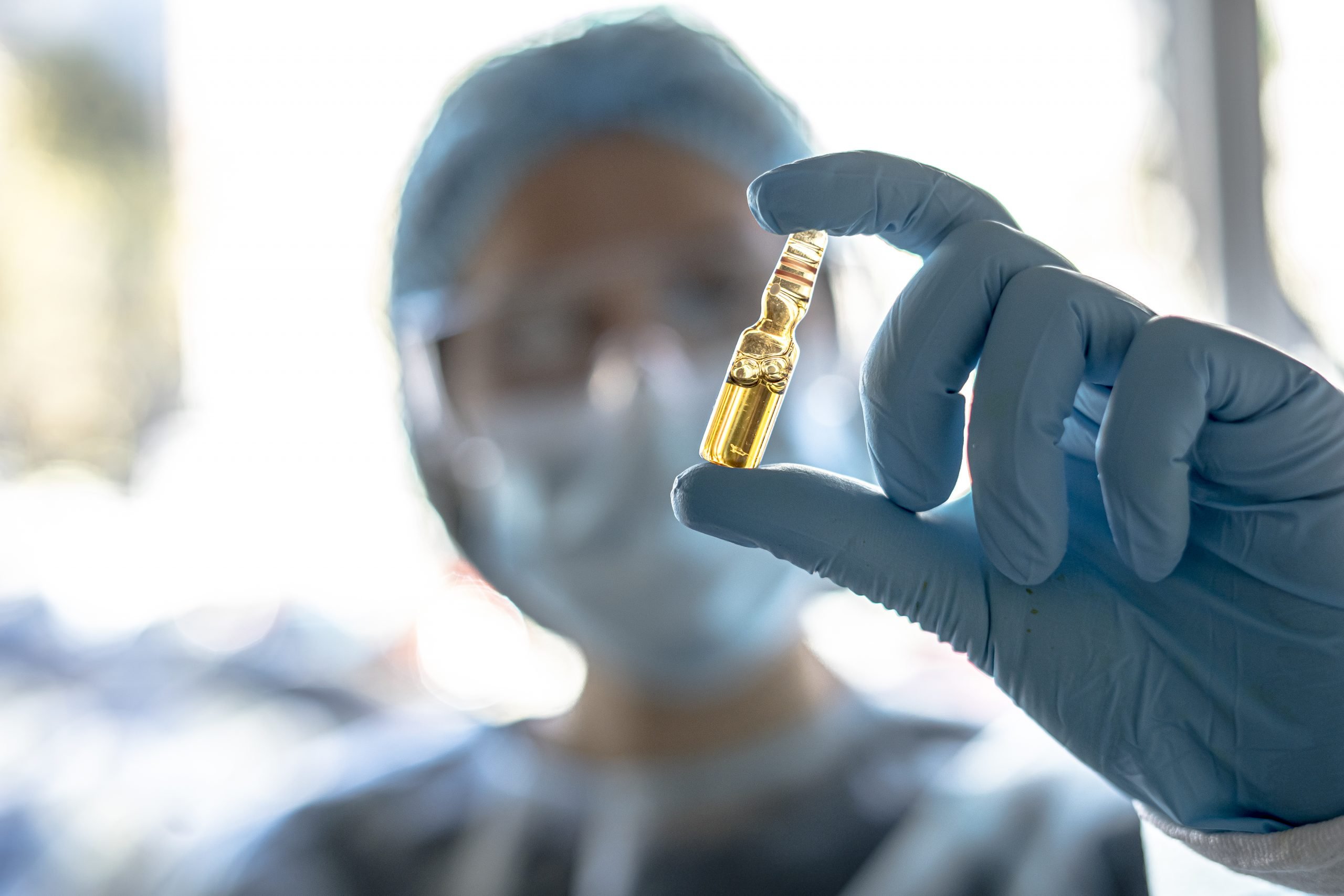Receiving a CRPS diagnosis may leave you with many questions. If you’re living with the associated chronic pain, the frustration can be overwhelming. Read on to learn how ketamine is a new treatment for CRPS.
Many people living with CRPS or RSD have lost jobs, relationships, and even friends, due to this debilitating condition. This condition can also cause anxiety and depression because many have to give up their favorite activities because the pain is so severe.
What is CRPS?
CRPS is an acronym for complex regional pain syndrome. Those experiencing this chronic pain, which lasts six months or longer, will feel it in one of their limbs – an arm, foot, hand, or leg. The pain is typically disproportionate to whatever injury may have been initiated it.
There are two types of CRPS. According to Harvard Medical School, they include:
- Type I: when there is no nerve damage present.
- Type II: when nerve abnormality can be detected.
Symptoms of CRPS include:
- Abnormal sweating occurring in the affected or surrounding areas.
- Changes occurring in the patient’s hair and nail growth patterns.
- Changes in the patient’s skin texture whereby it may appear shiny, thin, or have a change in color.
- Problems coordinating or having a decrease in mobility of the affected part of the body.
- The affected limb is having abnormal movement, posture, tremors, or jerking.
What is RSD?
Reflex sympathetic dystrophy syndrome is an acronym for RSD. It’s a disorder that causes lasting pain in a patient’s arm or leg. Patients find that pain is typically worse than the cause, and while medical professionals don’t know exactly what causes RSD, they are still able to help patients.
RSD was the previous name for CRPS. In 1994, a group from the International Association for the Study of Pain (IASP), changed reflex sympathetic dystrophy syndrome (RSD) to complex regional pain syndrome (CRPS). Some doctors refer to CRPS as RSD, and some websites refer to RDS, which confuses some patients. However, these conditions are the same.
What causes CRPS or RSD?
According to New York State’s Department of Health, “RSD is an older term used to describe one form of Complex Regional Pain Syndrome (CRPS). Both RSD and CRPS are chronic conditions characterized by severe burning pain, most often affecting one of the extremities (arms, legs, hands, or feet).” Under most circumstances, the symptoms of CRPS occur following a heart attack, injury, stroke, or surgery. These symptoms show up for RSD patients as well.
According to facts presented by the National Institute of Neurological Disorders and Stroke, “CRPS also affects the immune system. High levels of inflammatory chemicals (cytokines) have been found in the tissues of people with CRPS. These contribute to the redness, swelling, and warmth reported by many patients. CRPS is more common in individuals with other inflammatory and autoimmune conditions such as asthma.”
Research published by the Journal of Neurology also indicates that causes for CRPS could also include:
- Pain that continues due to changes in the nervous system.
- The nervous system is experiencing exaggerated inflammation.
- A trauma-related release of substances referred to as cytokines, which are produced by the immune system.
Ways To Prevent or Manage CRPS
Regarding prevention for CRPS, strategies for high-risk groups has been of greater focus. These groups include older individuals prone to distal radius fractures. According to authors of Complex Regional Pain Syndrome in Adults: Prevention and Management, Vitamin C is a low-risk natural remedy to help with the acceleration of fracture healing. However, the data on patients have been inconsistent.
Some patients also benefit from physical and occupational therapy. Physical therapy helps patients exercise the affected limb. In doing so, they’ll be preventing the loss of muscle tissue while maintaining flexibility.
Ketamine infusion therapy is an effective treatment option for several chronic pain conditions. When patients are suffering from chronic pain, ketamine infusion therapy is highly effective for finding relief and on-going management. These conditions include patients suffering from migraine headache pain, fibromyalgia, and complex regional pain syndrome (CRPS).
As of right now, there’s no cure for CRPS. However, ketamine is showing promise as a new treatment for patients suffering from this chronic pain condition. A meta-analysis published in Current Pain and Headache Reports indicates that ketamine infusion may provide short-term pain relief for those who are suffering from CRPS (complex regional pain syndrome). In this analysis, 15 studies with 258 participants with CRPS were involved. These test subjects received ketamine infusions for 8.41 days, on average. Overall, researchers found ketamine decreased pain scores, and immediate pain relief was reported to be 69%.
Treatments for CRPS and RSD with Ketamine
Ketamine is helpful for those with CRPS because of its ability to block pain receptors, producing significant pain relief. Under most circumstances, patients will undergo several infusions during their first weeks of treatment. They’ll be monitored during that time to determine their response to treatment and create a maintenance plan for future infusions. Then, to keep CRPS pain under control, a ketamine maintenance plan will include additional infusions every one or three months, depending on the patient’s response to the initial therapy.
Contact Bespoke Treatment to learn more about how ketamine can help with your CRPS pain and set up an appointment for your initial consultation.
Los Angeles * Santa Monica


























